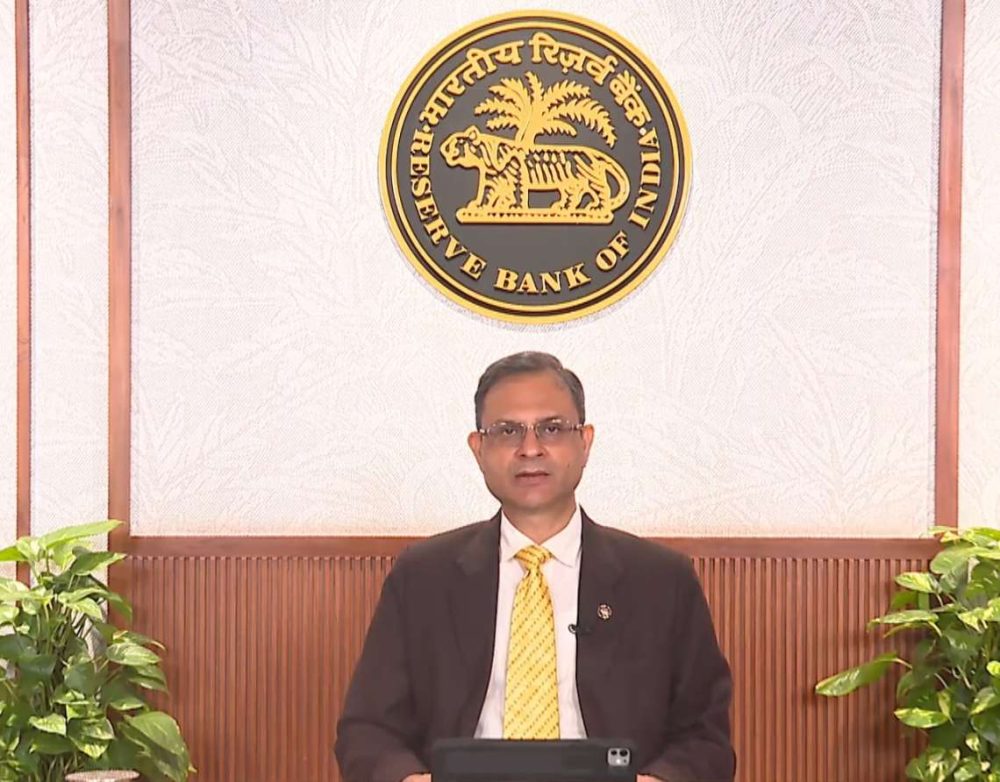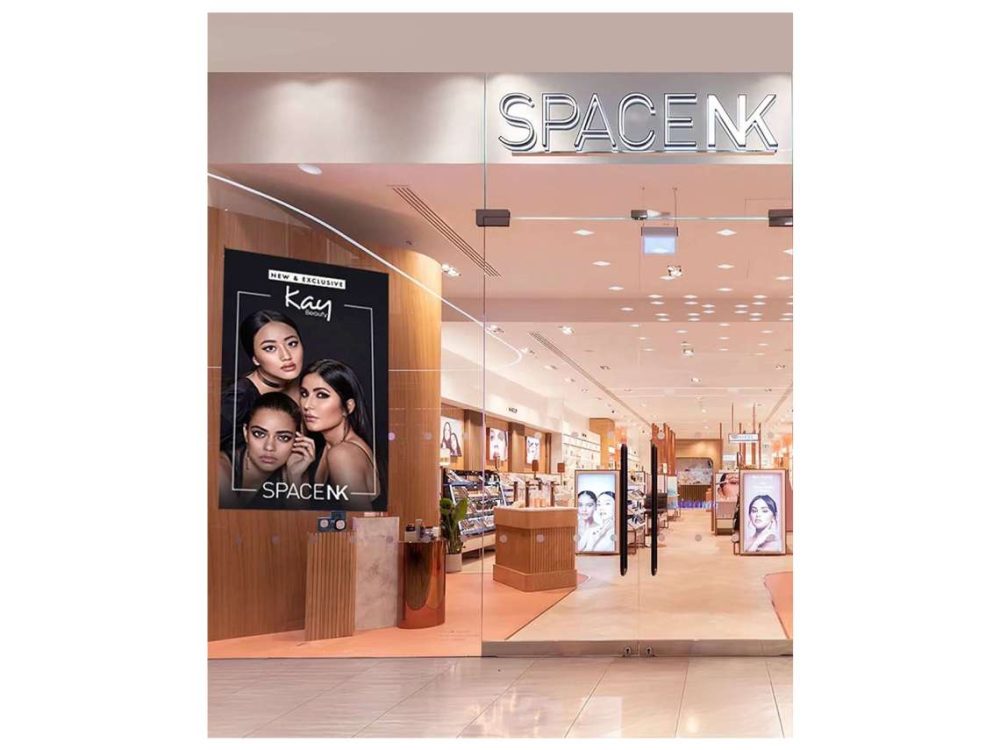
At a time when popular restaurants and cafes are struggling to get back to their feet, opening up a new venture when revenues are expected to be only about 30 per cent of pre-COVID levels, means preparing to bleed cash till business comes back to at least 80-90 percent, at which point a restaurant can make money, says Mayank Bhatt, Brand Head of SOCIAL. The chain of cafes owned by Impresario Handmade Restaurants has launched two new outlets in Delhi and Chandigarh.
IANSlife spoke to Bhatt to find out what it takes to start a new business amidst the pandemic, changes in its design sensibilities and the revenues it is expected to generate. Excerpts:
What is the trend that you see amongst restaurants as they open up across cities and what has the response been so far?
Bhatt: We are certain that diners will eventually come back to restaurants to celebrate milestone occasions and to socialise but the next few months are tricky. Tier-2 towns have been really great in the bounce back. In the first month, we’ve seen business start off at about 50 percent. It’s still early days, we still have to go through that two-to-three-month period where we’ll have to normalise dining out again. Chandigarh started off with 50 percent, Delhi started off with 30-35 percent, Bengaluru was at 25-30 percent. Each day, each week, we’re seeing these numbers climb up slowly and surely.

In terms of deliveries, we have seen a 300 percent increase in home deliveries, proving that new formats such as D.I.Try Kits (recreate classic SOCIAL dishes at home via DIY meal kits), SOCIAL Mixers (SOCIAL’s signature cocktails at home using its pre-mixes), and #SOCIALPartyStarter (a package deal of #eats + #drinks for a house part of six or more, along with a curated playlist and a bartender sent home), work in such times. Besides, in cities such as Chandigarh, we are seeing a flow of corporate executives, tired of Work from Home, coming in and using SOCIAL Works, a concept that’s designed to provide a safe and dependable workspace.
How will the restaurant industry adapt to the changing requirements of consumers? What major (permanent) changes wïll the industry see as result of the pandemic as new players come in?
Bhatt: We have seen exponential growth in brands that people trust. For SOCIAL and Smoke House Deli, we’ve seen the delivery business go up by 200 percent or in some cases even 300 percent (of pre-Covid levels). Whereas our cloud kitchen formats have seen a little bit of a drop because again trust is a major factor when it comes to people ordering.
Delivery or direct to the customer is definitely becoming a big component of how we consume. And it is not just about restaurants and food deliveries but it is about most businesses. Customers are now getting used to going directly to a brand’s digital storefront and ordering from there. This is coupled with the fact that there are third-party delivery solutions like Delhivery, Dunzo, Shadowfax also available.
Brands people trust and brands people are comfortable with, I think customers will start ordering directly from them and not just go through aggregators.

We hear Impresario Handmade Restaurants has launched its first Covid response ready outpost – Dwarka SOCIAL? Tell us about it.
Bhatt: By now we know the protocols: Social distancing, six feet distance, et al. But how do you achieve this through design? Dwarka SOCIAL offers a good prototype. The outpost is a blend of three ideologies that seamlessly come together to make this a reality: the streets and alleyway shops of Vietnam that have inspired the design, the intricate lattice arrangement of Dwarka’s various sectors, and a world that’s ready for the new normal’.
The entire point of communing now is about coexisting’ and not overlapping’. The maxim for this outpost is SOCIAL with distancing’, a space where we’re keeping the safety and hygiene of patrons and staff as our priority, along with SOCIAL’s signature irreverence. The space has been planned and designed in such a way that it is primed to promote social distancing in the best possible way.
With partitions strategically placed at six-feet nodes, the outlet is distributed into several zones. The entire space is transformative and malleable, with flexible doors and blinds that can be opened or closed according to the needs of patrons seeking more privacy or division from others. The outpost is also dotted with split-level booths — enclosed spaces stacked on top of each other — resembling the signature pay and stay’ housing structures of Ho Chi Minh city.
With all these sensibilities and design details at the outpost, Dwarka SOCIAL is paving the way for how restaurants of the future can be designed.
At a time when many popular restaurants are shutting permanently, what made you launch an outlet now when people are still hesitant about eating out?
Bhatt: Both our newly opened outlets, Dwarka SOCIAL & Elante SOCIAL have been in works before the pandemic devastated the economy. They were meant to open in May, but then the government locked down the country. We worked through this period to change the design language. We believe that COVID is here to stay for a long while, and the only way to get back to life is to adapt to these times and change the way we play the game. We are not going to see crowded bar nights, at least for now. People are not going to be able to hang around the bar. But they will come in to enjoy the night, the SOCIAL vibe, and the company of their friends and family.
What does it take to come up with a brand new one during a pandemic when there is less cash inflow?
Bhatt: We are clear operations are unlikely to be profitable with just 50 per cent occupancy, the capacity most states are right now ready to allow. Both our newly launched outposts have profitability written into the design code. Dwarka SOCIAL sprawls over 4,300sq.ft. In normal times, it would boast 138 covers (or tables). Designed as a response to a pandemic, it now has 126 covers, just about 12 less. In these two outposts, we have ensured that we design them in a way that it creates spaces of isolation, as per guidelines, but there is enough footfall to make it profitable. Add to that our format of Work from Social’ that has attracted traction from people tired of working from home, the leaner menu, the socially distanced kitchens which means lesser staff, a supervisor on the floor and not too many waiters, and the double-down on home deliveries, besides helping people host parties at their homes, and I think we are primed to create a whole new format of dining.

Expansion plans which had to be put on hold due to the outbreak of the pandemic will now slowly be dusted up. However, opening up a new venture at a time when revenues are only about 30 per cent pre-COVID levels means preparing to bleed cash till business comes back to at least 80-90 levels, at which point a restaurant can make money. But you have to view the restaurant business in terms of years, not months.
Tell us about your new campaign ThatOnePerson pan India.
Bhatt: #ThatOnePerson is our newly launched pan-India bar campaign to get loyal customers back to our outposts across the country. Now that the lockdown has ended, we at SOCIAL are inviting patrons to come by and celebrate responsibly with their best friend by offering their first drink together on the house. With this campaign, we want to destigmatise the act of finally going out and meeting your closest friends again and raise a toast to the good times ahead.









